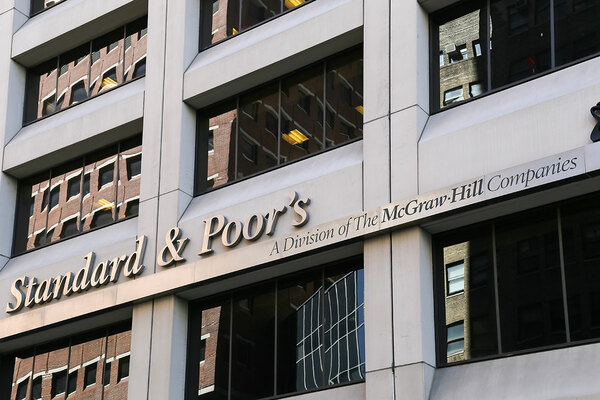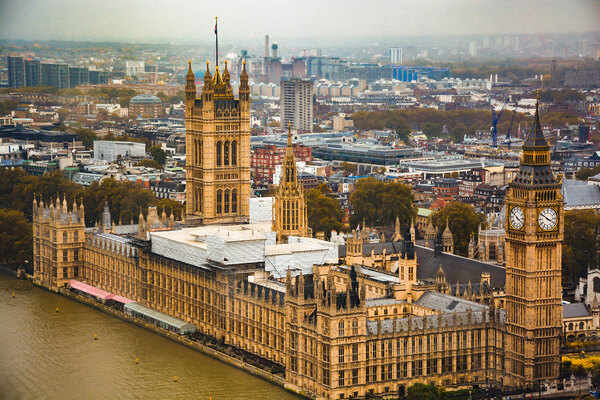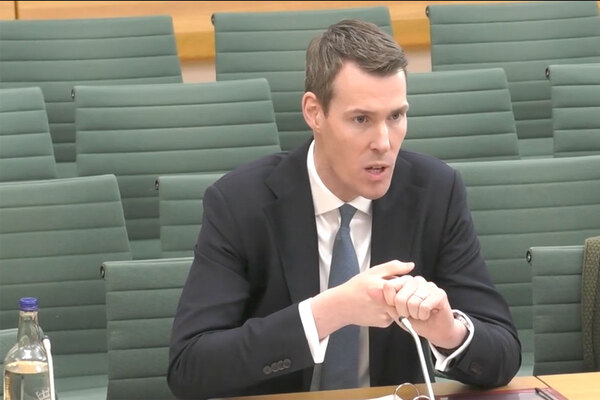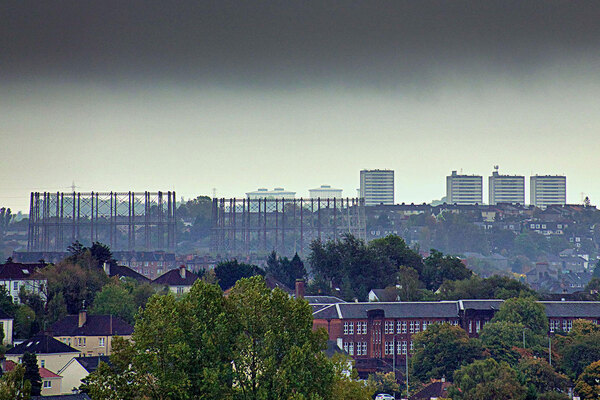Eight landlords get credit outlook downgrades as sector’s ‘negative bias’ grows
A large credit rating agency has downgraded the credit outlook of eight housing associations to negative, following sustained pressure on the UK’s sovereign ratings after the chancellor’s Mini Budget last month.
S&P downgraded the outlook of the major landlords in a slew of updates this week, with the rating agency confirming that 40% of the social housing providers it rates now have a negative outlook.
It said this was the most pronounced negative bias in the social housing sector’s credit worthiness since the end of 2018.
Seven housing associations’ outlook was moved from stable to negative, while S&P reaffirmed their A- ratings.
Bromford’s outlook was also moved from stable to negative, but it had its A+ rating reaffirmed.
Having an A- rating with S&P means an organisation has strong capacity to meet financial commitments, but can be vulnerable if economic conditions or individual circumstances change.
S&P lowered the whole of the UK’s credit outlook from stable to negative at the end of last month.
The decision came after Kwasi Kwarteng, the chancellor of the exchequer, delivered his Mini Budget, which led to a rise in borrowing costs and a drop in the value of the pound to record lows.
In an update this morning, S&P stated that the additional pressure on UK sovereign ratings, along with providers’ weakening credit quality, had resulted in the changes.
It said that if the UK’s sovereign credit rating were to drop, the providers included in the list would receive fewer uplifts to their credit profiles. The UK currently has a credit rating of AA, the third-highest grade.
The UK’s current credit rating means S&P provides two notches of uplift on the credit profiles of all social housing providers. This is because it has confidence that providers would receive “timely extraordinary government support” if they were in severe financial distress.
However, if the UK received a lower rating, these providers would only receive one notch of uplift and their credit profile score would drop.
S&P also pointed to pressures faced specifically by those in the social housing sector, which supports the outlook drop.
It said providers’ spending requirements were increasing due to quality and safety works on existing stock, with these bills being even higher because of inflationary pressures.
Housing associations across the country have to deal with the fallout from the Grenfell Tower fire and the resulting building-safety crisis. They are forking out hundreds of millions of pounds annually to fix unsafe blocks.
Following high-profile investigations into social-housing conditions, there is a big drive to improve the quality of stock across the sector, which is also raising costs.
The agency said these additional costs came at a time when a potential rent cap would reduce incomes for associations and increase debt burdens on providers. Currently, around 20 of the providers S&P rates have a negative outlook, while nearly 20 have a stable outlook and one has a positive outlook.
On all the notes on individual providers that accompanied the outlook downgrade, S&P said it could revise the outlook to stable over the next two years if the sovereign outlook improved and the providers performed in line with expectations.
However, it did warn that providers’ ratings could worsen if the UK’s sovereign credit rating dropped, or providers’ costs and financial pressures increased.
Elsewhere, S&P lowered Swan Housing’s rating from BBB to BB- and kept a credit watch on the company, due to the issues it is facing. According to S&P’s rating system, a BB rating means an organisation is less vulnerable in the near term but faces significant ongoing uncertainties and adverse business, financial and economic conditions.
Swan has experienced a number of financial difficulties recently, which led to a proposed merger with Orbit. However, after a lengthy due-diligence process, talks between the two organisations ended and instead the association is expected to join Sanctuary at the end of next month.
Yesterday, Inside Housing revealed that Orbit had lent Swan £40m before talks between the two broke down. The details came in an update from Swan to the stock market, in which it revealed it had suffered an impairment of £178.4m.








